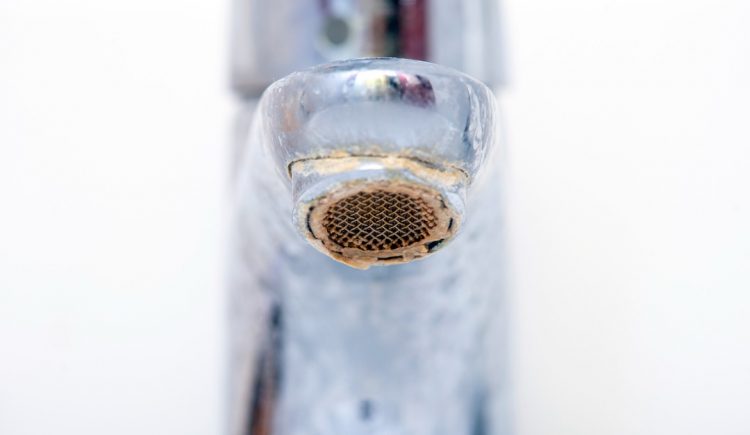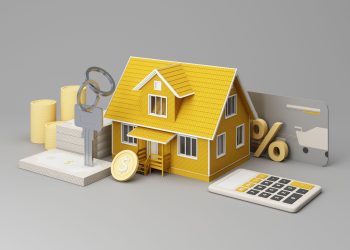Hard water contains high concentrations of magnesium and calcium. If your home has hard water, it can affect the house itself, as well as your quality of life, in several ways.
Hard Water Can Damage Plumbing and Fixtures
Hard water can leave behind mineral deposits on faucets, sinks, showers, tubs, showerheads, and appliances. Those deposits are unsightly, but they can affect more than your home’s aesthetics.
Plumbing fixtures with hard water deposits will operate less efficiently. When it’s difficult for water to pass through the plumbing system, that can result in reduced water pressure, damaged pipes, and leaks. Leaks can make your water bills higher than they should be. Hard water can also make your plumbing system and appliances more likely to break down or force you to replace them prematurely.
Hard Water Can Affect Your Body and Your Quality of Life
When hard water is used to bathe or to wash dishes or clothes, the soap or detergent can’t form a lather the way that it should. That can make it harder to get things clean, which means you’ll have to use extra water. That can cause your water bills to spike.
If you and your family take showers with hard water, it can leave behind a mineral residue on your hair and skin. You’ll probably find that your hair is brittle and your skin is dry, which can make you feel uncomfortable.
Washing your clothes in hard water can leave behind mineral deposits that can make them look faded and worn out. Hard water can also make your clothes uncomfortable to wear and make your sheets and blankets uncomfortable to sleep in.
If you use hard water in the kitchen, it can affect the taste and quality of food and beverages. When you make coffee, for example, mineral buildup on your coffee maker can cause an unpleasant taste.
Hard water can leave behind white spots on your dishes when you take them out of the dishwasher. That might make you feel self-conscious about having guests over for dinner.
A Water Softener Can Eliminate Problems Associated with Hard Water
If you have noticed some of these problems and you suspect that your house has hard water, the issue can be easy to remedy. A water softener can reduce the concentrations of calcium and magnesium in your water and increase the concentration of sodium. Some systems use other methods to soften water.
A water softener requires regular maintenance. If a system adds sodium to water, that can affect the health of individuals who need to follow a low-sodium diet. If you have questions or concerns about the water in your home, contact a local plumber to discuss the best way to handle the issue.











